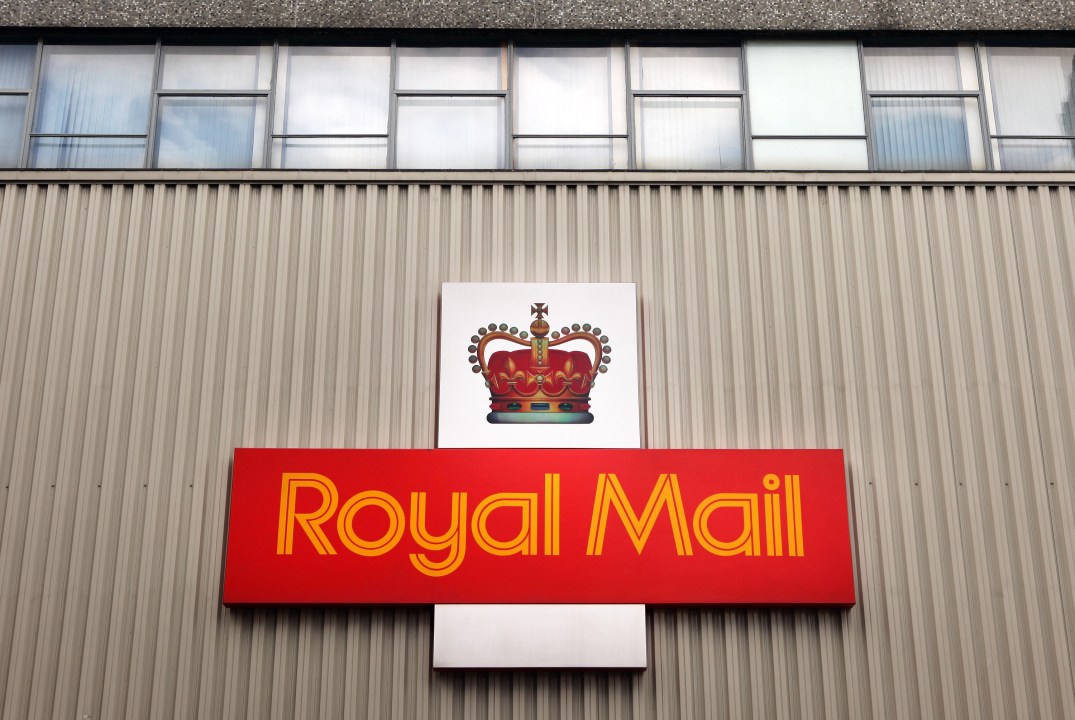 The similarities between now and the early years of the Thatcher government can easily
be overplayed. Yes, there are parallels: a public sector grown fat on government profligacy, unions leaders stirring up resentment, and a government unsure about quite how radical it wants to be.
But there are clear differences too: the political dynamics, the industrial landscape, and, indeed, the magnitude of the fiscal crisis. Nevertheless, there is at least one successful Thatcher-era
policy that is desperately due a comeback: privatisation.
The similarities between now and the early years of the Thatcher government can easily
be overplayed. Yes, there are parallels: a public sector grown fat on government profligacy, unions leaders stirring up resentment, and a government unsure about quite how radical it wants to be.
But there are clear differences too: the political dynamics, the industrial landscape, and, indeed, the magnitude of the fiscal crisis. Nevertheless, there is at least one successful Thatcher-era
policy that is desperately due a comeback: privatisation.
It won’t have escaped many CoffeeHousers’ notice that, despite the tough talk on the deficit, the government is still borrowing almost £20m per hour. The cost of servicing our accumulated debt has rocketed too, and is estimated to be as much as £120m per day. To put it bluntly, the British state is massively overextended and, like any overextended organisation, it ought to start selling off its surplus assets in order to pay down its debt. In any part of the private sector, that would be taken as plain common sense.
But is there much left to privatise? The Adam Smith Institute’s latest report – Privatization Revisited – suggests that there is. Indeed, according to the report’s author, financial analyst Nigel Hawkins, a new wave of privatizations could net the government more than £90bn over the course of the current parliament.
The major part of that figure is accounted for by the nationalised and part-nationalised banks: Northern Rock, Lloyds and, most significantly, the Royal Bank of Scotland. Even assuming a cautious 10 percent discount on the current market price of Lloyds and RBS shares, these sales would raise almost £60bn. Needless to say, however, disposing of the government’s bank holdings will be a complex business. Any such sales should proceed slowly, following the Initial Public Offer of Santander in 2011, and in tranches. Nevertheless, the banks should be back in the private sector by 2015.
The remaining privatizations proposed in our report cover a variety of sectors, including transport, utilities, real estate and the media, amongst others. The most controversial inclusions are bound to be the most well known ones – the Royal Mail (£4bn), Network Rail (£11.5bn), BBC Worldwide (£2bn), and Channel 4 (£500m) – but Privatization Revisited also advocates trade sales of household names like the Met Office and the Royal Mint.
It is important to bear in mind that privatization is about more than raising money. Indeed, as impressive as the proceeds may be, and as useful as they will prove in such dire fiscal circumstances, the real benefits are ones that will endure well into the future. The Thatcher privatizations delivered major investment programmes, huge operational efficiencies, and vastly improved customer service. A new wave of privatizations will, similarly, give us the chance to create a banking sector that better serves its customers and a postal service fit to compete in the 21st Century.
More broadly, a renewed privatization agenda should go hand-in-hand with spending cuts, as part of a comprehensive reassessment of the role the state plays in our lives. I hope the government has the courage to be radical in both areas.
Tom Clougherty is executive director of the Adam Smith Institute







Comments